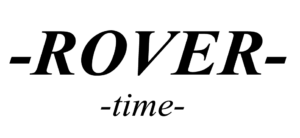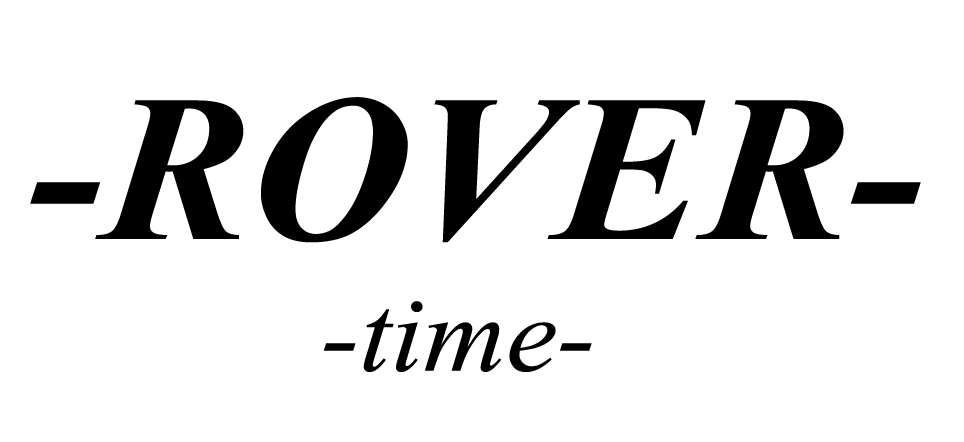NSF Fees: What They Are and How to Avoid Them
Issuing a check without sufficient funds in the account, commonly known as writing a bad check or issuing a Non-Sufficient Funds (NSF) check, can lead to more than just financial penalties from banks. For a clearer sense of how much NSF fees could cost you, it’s a good idea to check with your bank as well as your state regulator or attorney general for the laws in your state. Sending a demand letter by certified mail can encourage a customer to pay you before more serious, and expensive, actions are necessary. The formal letter may include the check information, why it was returned, and a request for remittance of the check amount and bank fees charged to you. Let them know that if you have not received payment by the due date, you will file a small claims court claim against them. If your bank charges excessive fees when you overdraw your account, find a bank that doesn’t charge NSF fees or lets you use a linked bank account to fund those transactions.
- Some banks charge NSF fees when they’re unable to complete a transaction because there’s not enough money in the account.
- While this is not an option if you receive checks by mail, if you’re accepting a check in person, be sure to check the presenter’s identification.
- Many times, bad checks are written inadvertently by people who simply are unaware that their bank balances are too low.
- In other cases, if a check bounces, the person or company being paid reports the issue to debit bureaus such as ChexSystems, which collects financial data on savings and checking accounts.
- A bounced check may result in overdraft fees, restrictions on writing additional checks, and negative impacts to your credit score.
This is an easy process if you’re using accounting software but will require multiple entries if you’re recording accounting transactions manually. When handling accounting for your small business, it’s in your best interests to provide your customers with multiple ways to pay for goods and services that you sell. One of the more common payment methods used by customers is the individual shared to write a check. NSF fees don’t affect a customer’s credit or credit score directly because banks do not report the transactions to credit bureaus such as Equifax, TransUnion, and Experian.
What is the difference between NSF checks and overdrafts?
Along with tracking expenses, make it a habit to keep an eye on your checking account balance and posted transactions. types of tax accounting methods Look at which transactions have cleared and which ones are still unaccounted for. Don’t forget about pending expenses like automatic payments you’ve set up or checks you’ve written. Just because you paid someone by check doesn’t mean they will deposit it immediately, which could leave you with a lingering transaction. Many banks charge the same or similar amounts for NSF and overdrafts.
Fraudulent Checks
“Non-sufficient funds” or “insufficient funds” describe situations when an expense exceeds the available funds in an account holder’s checking account. The entity attempting to cash an NSF check may be charged a processing fee by its bank. The entity issuing an NSF check will certainly be charged a fee by its bank.
If you don’t have enough funds to cover pending transactions, you could face more fees on those transactions. A customer with $100 in a checking account may initiate an automated clearing house (ACH) or electronic check payment for a purchase in the amount of $120. If the bank accepts the check and pays the seller, the checking account balance falls to –$20 and incurs an overdraft (OD) fee. Banks aren’t required to notify an account holder when a check they signed bounces due to non-sufficient funds. However, some banks may offer options for customers to enroll in/sign up for in order to be notified of overdrafts.
What Are Non-Sufficient Funds (NSF)?
Non-sufficient funds and overdrafts are two distinct bank transactions. Banks charge NSF fees when they return presented payments without payment, like a check, and overdraft fees when they accept and pay the checks that overdraw checking accounts. If you write a check for an amount that you had insufficient funds to cover, your bank will most likely charge you a non-sufficient funds (NSF) fee as well as potentially an overdraft fee. The business to which you wrote the bounced check may also levy a charge against you for the lack of payment.
If there isn’t at least $750 in your account when she deposits the check, the bank may return the check stamped with “NSF” and deduct an NSF fee from your account. If you commonly accept a lot of checks, it may be worth the cost to use a check verification service. A check verification service lets you know if an account is valid and whether there are sufficient funds in the account. A check verification service can be costly, so be sure to check around for one that’s in your business budget.
We believe everyone should be able to make financial decisions with confidence. The Ascent is a Motley Fool service that rates and reviews essential products for your everyday money matters. Legal professionals can offer guidance tailored to the specifics of an individual case and jurisdiction, helping to mitigate potential penalties or navigate legal proceedings more effectively. The specifics can vary notably across different states, emphasizing the need for awareness and prudence when dealing with checks.
When customers opt out of overdraft protection, they are likely to be charged an NSF fee when they write a check, make a debit card transaction or make an electronic payment that they lack the funds to cover. From costly fees to hampering your ability to open new checking and savings accounts, bounced checks can have serious consequences. Fortunately, through preparation and diligence, they can be avoided. If you’re concerned about accidentally writing a bad check, consider signing up for overdraft protection through your bank and/or linking a savings account to your checking account.
He is the founder of the award-winning blog, Family Money Adventure, and host of the Family Money Adventure Show podcast. He has been quoted by publications like Readers Digest and The Wall Street Journal. Kevin’s work has been featured in Bankrate, Credible, CreditCards.com, Fox Money, LendingTree, MarketWatch, Newsweek, New York Post, Time, ValuePenguin and USA Today.
If a customer has $20 in a checking account and attempts to make a $40 purchase with a debit or check card and has not opted-in to the bank’s overdraft plan, the transaction will be declined by the retailer. Overdraft, on the other hand, is a service provided by the bank allowing customers to continue withdrawing money even if the account has no funds. Someone issuing checks can avoid an NSF check by conducting ongoing check reconciliations. Doing so makes it less likely that any checks will be issued for amounts that are not currently present in a bank account. Another option is to always maintain excess funds in a checking account, though this approach reduces your ability to earn interest on invested funds. If the check turns out to be fraudulent, the bank may charge you a fee and pull those funds back out of your account.
Financial institutions have reordered transactions, processing debits to consumer accounts in a way to maximize overdraft fees by deducting the largest first, rather than in chronological order. In 2011, Bank of America settled a two-year-old class action for $410 million for reordering customer transactions and charging overdraft fees in this way. TD Bank paid over $62 million in a class action settlement for the same mismanagement of fees in 2010. Some banks charge NSF fees when they’re unable to complete a transaction because there’s not enough money in the account. You might assume the charge covers the cost and inconvenience to the bank of rejecting the payment.
There’s also a chance that your painter would get charged a returned check fee by her bank for depositing a bad check. Sometimes called bounced or bad checks, NSF (non-sufficient funds) checks cannot be cashed due to insufficient funds in the payor’s account. In other words, a customer wrote a check for an amount larger than the balance of their checking account. If you receive an NSF check, you have not been paid for the good or service you provided. If you’re concerned about NSF fees, you may want to opt-in to overdraft protection if your bank offers it.


